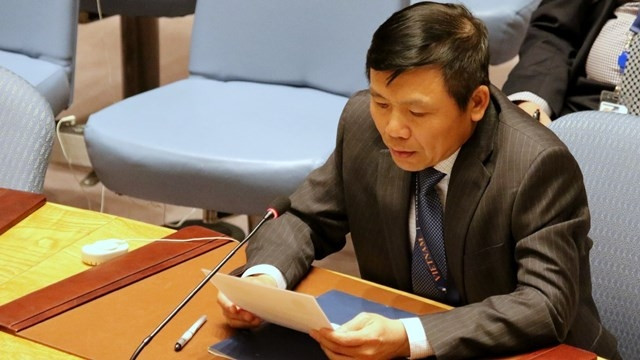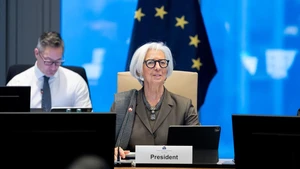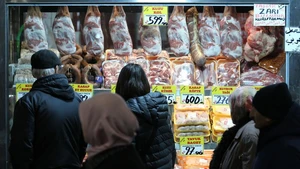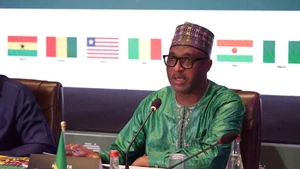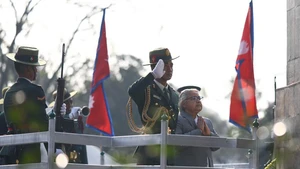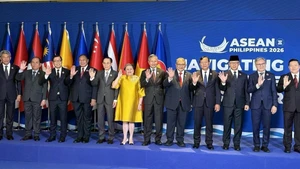He made the statement at an open discussion conducted by the UN Security Council on May 7 with the topic "Investing in peace: Training and building quality capacity to enhance safety, security and efficiency enforcement for the UN peacekeeping force.”
Investment in training and building capacity for peacekeeping forces should be carried out synchronously at different levels, taking into account the requirements of areas and female peacekeepers, he said.
At the national level, he suggested countries increase the revision, preparation and training of forces that meet UN standards, focusing on pre-deployment training. Useful UN documents should be updated regularly, he added.
At the regional level, the Ambassador recommended enhancing information and experience exchanges, including cooperation between training centres.
At the global level, the UN system should promote partnerships and share responsibilities among UN agencies, especially between the Security Council, the Secretariat and nations sending troops to the UN peacekeeping missions as well as standardise procedures and ensure budgets for training activities, he said.
During the May 7 discussion, the participants agreed on the necessity to enhance the training work to increase safety, security and operational efficiency of peacekeeping forces.
They advocated the efforts of UN Secretary-General Antonio Guterres and UN agencies in implementing commitments and strengthening triangular cooperation and vowed to push ahead with mutual support and collaboration in peacekeeping activities, promote the engagement of women in the field and prevent sexual violence.
The Non-Aligned Movement countries agreed the improvement of peacekeeping operations should follow the basic principles of the UN, while ASEAN nations suggested exchanging professional experiences and giving mutual support through partnership frameworks.
